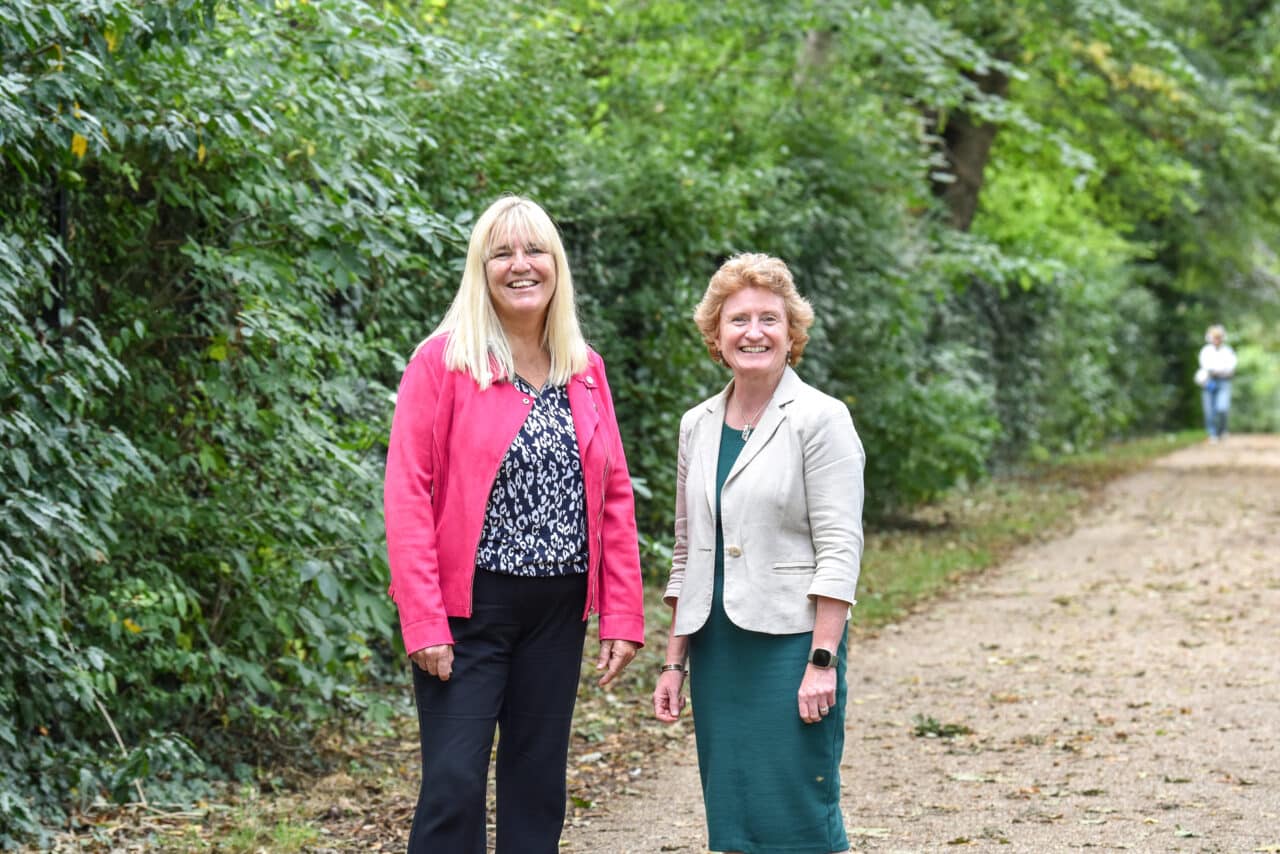The revolving door at the top
A week in politics is a long time. Recent events suggest that even a chaotic 24 hours can see multiple U-turns, reshuffles, controversy and general disarray. Over the last few weeks – and prior to the resignation of Liz Truss after the shortest premiership in history – much was said about the rotating door of the Chancellor of the Exchequer, with this key role filled by four people since July. It is obviously a cause for concern (just look at the repercussions in the financial markets) to have such rapid change in what is generally considered to be the second most important position in UK politics. However, outside the field of education, less heed has been paid to the perhaps less flashy role of Education Secretary – which has seen no less than five individuals take on the role since July. I would argue that this is an area which would benefit just as much from stability.
Quite simply, if the person in charge is constantly changing, nothing is getting done. At the time of writing, Gillian Keegan is in her second day in post. The previous incumbent, Kit Malthouse, had the job for 49 days, while James Cleverly before him managed 61. Most astonishing was Cleverly’s predecessor, Michelle Donelan, who was in post 35 hours before she handed in her notice. None of these stints are not long enough to get to grips with what is a challenging and vitally important brief – it’s barely enough time to figure out where to get a cup of tea. When I started writing this, I mused that I couldn’t tell you a great deal about what Kit Malthouse believes about education. That no longer really matters, as he no longer has the job. Gillian Keegan has some educational background, having previously held a junior ministerial role in the Department for Education for around 18 months but it is of course far too early to see in which direction she may take this brief. Her experience as Minister for Apprenticeships and Skills suggests that she will be in favour of the further development of apprenticeships, something I would welcome. I am also heartened that Nick Gibb has resumed the post of Schools Minister, a role he has had now under four Prime Ministers and over the course of eight years. His experience and passion about schools will be vital in the challenges that are to come and it seems eminently sensible to bring in those who have a thorough understanding of education.
Nonetheless, the fact that the Education Secretary has changed again even during the period it has taken to write this blog says everything you really need to know about the lack of direction the sector is suffering from. The chaotic nature of government – and the immediate energy and financial crises – over this period has meant we are yet to hear any policy announcements which touch on education. It may not be a priority for the Government – but it certainly should be.
In June, the Times Education Commission produced a report proposing a series of wide-reaching reforms. This was no insubstantial thinkpiece, the commission took evidence from more than 600 experts from fields across business, the arts and education before making its proposals. There are some great ideas in there, for example replacing GCSEs with a slimmed-down set of exams at 16 while creating a broader British Baccalaureate at age 18. With support coming from no fewer than ten former Education Secretaries and two former Prime Ministers, there appeared to be a real impetus to seriously consider the long-term approach to education, rather than announce piecemeal changes which often end up being ditched or watered down. It seemed we would have the opportunity to look at more significant reforms and how these could collectively improve conditions and standards for children and young people.
Of course, the timing was more than merely unfortunate, meaning nothing has been done. I’d love to know where this report is in Government right now. Is it being pored over by the Education Secretary and Schools Minister and their team of civil servants, looking at how recommendations could become policies, how these could be funded and implemented? Reports so far indicate that our new Prime Minister backs many of the reforms proposed and shares my belief that investment in education is vital to improve outcomes. It was in fact part of his leadership campaign during the summer. Unlike his predecessor, we do have something of a feel for what Rishi Sunak thinks about education. This is, again, encouraging but it is too early to tell how much of a priority education reform will be in this Government. Experience tells me it may be rather optimistic to expect imminent decisive action. And yet the education sector is in dire need of direction.
I mentioned before the financial and energy pressures which have dominated the news. We are of course not immune. Like many individual households, our energy ‘fix’ is coming to an end. The price cap does not apply to companies or charities like ours so our initial energy quotes were coming back with a proposed increase of 900 per cent. We now know we will get some support in line with that offered to other similar sized companies but even with this support there will be a very significant increase. As a successful independent school in a strong financial position, and with the freedoms which being in the independent sector afford, we will be able to make decisions on how to manage the increased costs we will be facing that will not ultimately affect the quality of education and care we provide. The same is unlikely to be true of many schools within the state sector, who are already facing significant funding challenges and operate on much tighter margins. The Local Government Association recently predicted that half of all maintained schools in some areas could go into financial deficit this year. We know that there are likely to be swingeing cuts – efficiency savings – in all areas of the budget and there is nothing to suggest education will be spared the axe.
Even if you opt to educate your children privately, serious challenges in the state sector are bad news for education as a whole. Each year, a significant number of children join us from the state sector and in addition to this, we work closely with many local schools. We want to continue to work in partnership with the state sector but the sad fact is that whatever support and collaboration we may be able to offer, any school that has sufficient pressures from staffing is unlikely to be able to take up the kind of opportunities we have worked on together in the past. They may simply not have the resources to be able to provide a member of staff to take a group of children out of the classroom to engage in an enriching activity or experience.
I am aware that simply putting a single face in charge of education will not mean waving a magic wand and fixing these problems. Clearly, there is much hard work to be done and difficult decisions to be taken. But what is getting lost is that educating our young people is so vitally important. We need somebody who really understands it and gets to grips with it. If it’s a revolving door at the top, they’re never going to be able to do that. While much work behind the scenes is done by the civil servants, if they have to be constantly rebriefing their new leaders (we have also had, by the way, three schools ministers in this period), that cuts into the time they need to do their jobs. Education has not been part of the conversation – it’s just not getting mentioned at the top table. Let us hope that is about to change. Give us some stability, ministers who know the sector and are prepared to be in the job long enough to get something done and provide a much-needed sense of direction. Our children are being forgotten and this must not be allowed to happen.



